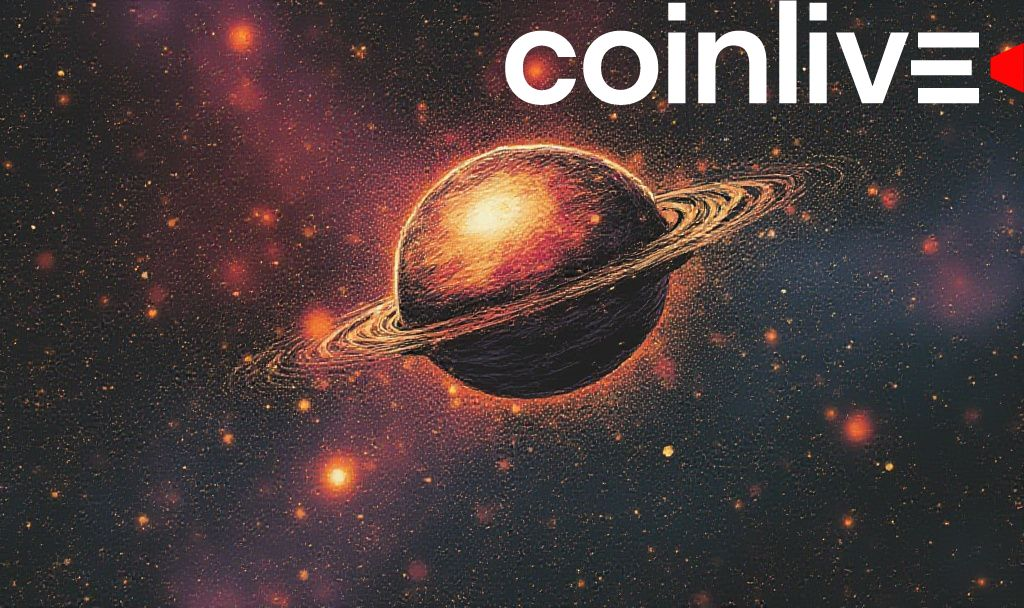- Main event focuses on Solana governance proposal impacts.
- Anatoly Yakovenko discusses voting method refinement.
- No significant immediate market volatility recorded.

Galaxy Research has proposed a new model for managing Solana’s inflation voting system on April 17, 2025, aiming to adjust the validators’ voting influence.
Galaxy Research’s Governance Initiative
Galaxy Research, part of Galaxy Digital, introduced a governance change for Solana’s inflation system. The proposal allows validators to allocate votes dynamically, moving away from previous yes/no binaries. This follows the unsuccessful SIMD-228 proposal, which had failed to gain consensus.
Anatoly Yakovenko, Solana’s co-founder, weighs in on refining this approach, suggesting the use of a median over an average to prevent manipulation.
“Instead of cycling through inflation reduction proposals until one passes, what if validators could allocate their votes to one or many changes, with the aggregate of ‘yes’ outcomes becoming the adopted emissions curve?”
– Galaxy Research
Discussion and Debates
Max Resnick from Anza and Anatoly Yakovenko are leading the discussion on GitHub. Their goal is to shift from a binary voting system to a more dynamic one, enhancing fairness. The current inflation rate stands at 4.6%, with Solana’s market stability not yet affected by the proposal.
The governance shift targets enhanced market-based mechanisms and aims at fair community-driven voting methods. While it commands significant developer attention, market responses remain moderate with ongoing participation.
Galaxy Research’s overhaul proposal provides insights into Solana’s governance and potential changes. Regulatory and technological adjustments are anticipated, with developers suggesting median-based aggregation to counteract voting manipulation risks, highlighting ongoing debates in blockchain governance dynamics.








